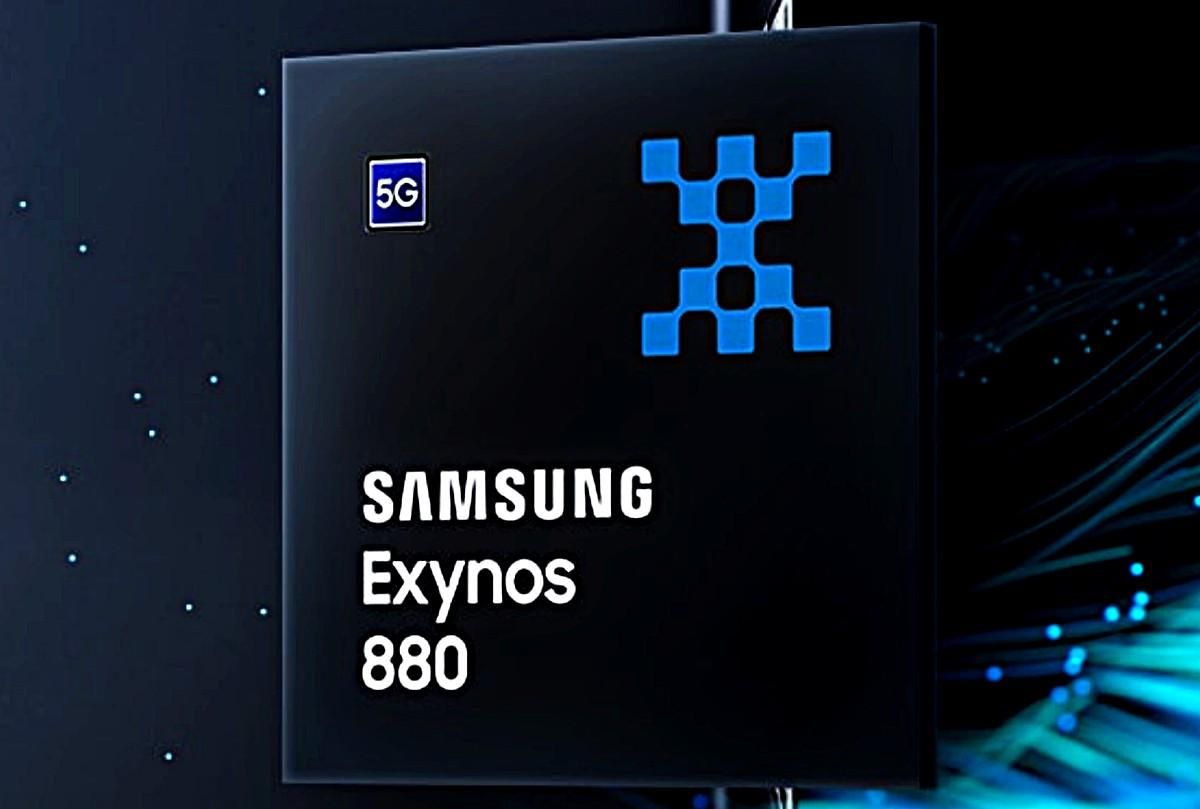Exynos processors aren’t necessarily the most popular chipsets in today’s market. For years, we have seen how Samsung Galaxy flagships have been tested against their Snapdragon counterparts, with the same results, Exynos processors just weren’t as good. However, things may change with the arrival of the new Samsung Exynos 1000 chipset.
It seems that Samsung may have finally figured out a way to make great Exynos chips. Apparently, the company has given up on creating its own cores, which was the main reason why its processors where always outperformed by Snapdragon chipsets, and it will now license IP from ARM, just like Qualcomm does. This may give us a decent, if not great, Samsung Exynos 1000 chipset.
https://twitter.com/UniverseIce/status/1306852877164376064?ref_src=twsrc%5Etfw
According to well-known leaker Ice Universe, next-generation Exynos and Qualcomm chips will feature a 1 + 3 + 4 core configuration. This means that we will get one prime core, three performance cores ad four power-efficiency cores in each chipset. Now, this would make sense if the Samsung Exynos 1000 features the X1 Core, which would handle tasks that require maximum performance. We would also get three Cortex-A78 cores and four Cortex-A55 cores for nominal tasks to maximize power efficiency unless ARM unveils an update for its efficient core.
The Cortex X1 is claimed to be 23 percent faster than the new Cortex-A78, and it also features enhanced machine learning capabilities. The Cortex-A78 was unveiled by ARM earlier this year, and it would feature a 20 percent improvement in performance and up to 50 percent less power consumption for the same CPU performance.
“The single and multi-core scores of the Exynos 1000-powered Samsung are both higher than its Snapdragon 875 counterpart. In the single-core test, the Exynos 1000 got 1302 points and 4250 in multi whereas the Snapdragon 875 got 1159 and 4090, respectively.”
Now, we only have to wait for the new Samsung Exynos 1000 chipset to launch, to once again test it against its Snapdragon counterpart in Samsung Galaxy flagships to see how it fares. Let’s remember that Samsung users are really not satisfied with recent Exynos processors, as they consider them to be inferior, and they even went as far as to sign a petition to ask Samsung to stop selling Exynos powered phones.
We can understand their frustration, as we have seen quick battery drain, overheating, and autofocus issues in Exynos powered Galaxy flagships. Samsung may have already addressed this issue with the Exynos 1000, but let’s remember that there’s a new Samsung Galaxy S20 FE right around the corner coming with a Snapdragon processor in its 5G version, while the 4G version will get an Exynos chipset.
Source SamMobile
Via GSM Arena

